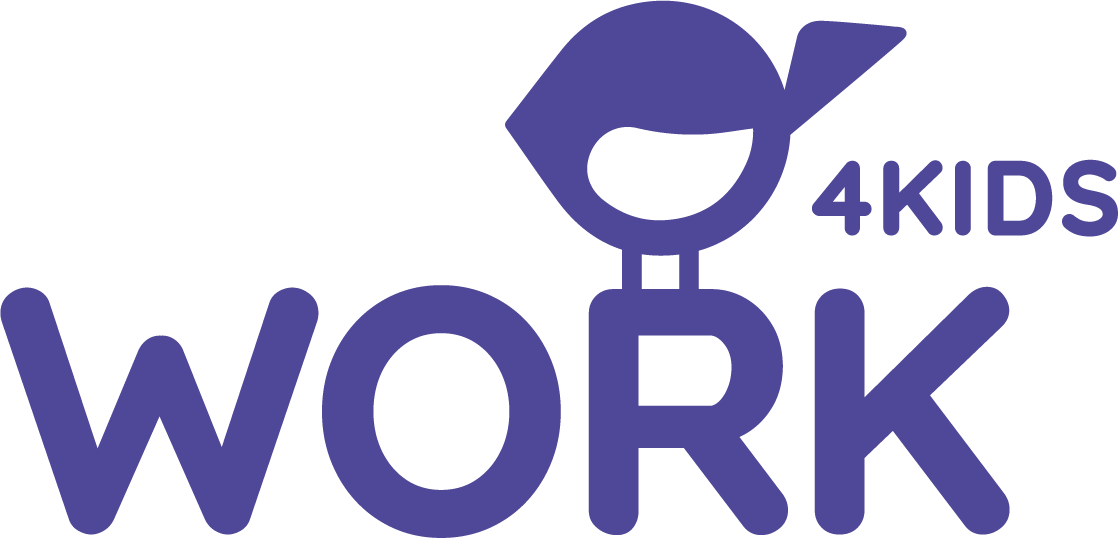| Address |
Hort Ottendorf-Okrilla Radeburger Str 23a 01458 Ottendorf-Okrilla |
|---|---|
| Funding authority |
DRK Kreisverband Dresden-Land e.V. Forststraße 26 01445 Radebeul |
| j.ledermueller@drk-dresdenland.de | |
| 035205 759077 (Frau Ledermüller) | |
| 0160 98491333 | |
| hort.ottendorf-okrilla@drk-dresdenland.de | |
| https://www.drk-dresdenland.de/angebote/kinder-jugend-und-familie/hort-ottendorf-okrilla.html | |
| Opening times | 6:00 AM - 4:30 PM o'clock |
| early care | 6:00 AM - 7:30 AM o'clock |
| Closing days | 2025: 01.-03.01.2025 02.05.2025 28.05.2025 30.05.2025 17.-18.11.2025 22.-31.12.2025 |
| Specially educational concept | child oriented education, livebased approach, nature education, Situation orientated approach, Wood-Pedagogy |
| Extras | Child care for physical education, Child care with special focus on environmental education, Pets, care with lunch, flexible care, full day care |
| Pets | Derzeit begleitet eine Wasserschildkröte den Alltag der Kinder. In einem anderen , übergreifenden Gruppenraum befindet sich ein Aquarium mit Fischen, welches durch die Kinder selbstständig geplant und aufgebaut wurde – und jetzt natürlich auch betreut wird. Die Tiere bieten Kindern noch einmal ein ganz anderes Umfeld, um sich durch deren Anwesenheit zu regulieren und Entspannung zu finden. Außerdem steigert es das Selbstwertgefühl der Kinder und sie entwickeln ein Verantwortungsbewusstsein und neue Kompetenzen über Tierhaltung. Außerdem ist im Leitungsbüro ein Bürohund anzutreffen, den die Kinder im Nachmittagsbereich in kleinen Gruppen besuchen kommen können. Die wertfreie Interaktion mit Vierbeinern kann die Kinder positiv beeinflussen und interessierten Kindern einen beruhigenden Rückzugsort aufzeigen. |
Hort Ottendorf-Okrilla
Current information
Note for new registrations: A change in sponsorship will take effect on January 1, 2025. The new sponsor for the Ottendorf-Okrilla after-school care center is the German Red Cross (DRK) District Association Dresden-Land e.V. (DRK) (District Association of Dresden-Land). Please use the following link for your purchases to support the after-school care center: https://www.bildungsspender.de/gs-hort-ottendorf-okrilla Thank you.
Introducing the Ottendorf-Okrilla After-School Care Center! Dear parents, dear children, dear readers, In our after-school care center, children in grades 1 to 4 of the Ottendorf-Okrilla Elementary School play, laugh, and learn with a diverse team of teachers. We have eight group rooms on our after-school floor, as well as three classrooms for shared use. In addition, we can use the schoolyard, the elementary school gymnasium, and the high school's highly sought-after sports field for free play time. The absolute highlight is that during the summer holidays, weather permitting, we are allowed to use the Teichwiesen swimming pool, which is within easy walking distance. We can accommodate and care for up to 220 children. Our educational concept is based on the Saxon educational plan. The holistic development of the children is guaranteed by incorporating the various educational areas. Self-development and independence are highly valued in our facility.
True to our mission statement: "Tell me and I'll forget, show me and I'll remember, let me do it and I'll keep it!" the children can independently navigate everyday life – with the help of materials, space, and time – explore structural connections, and deal with everyday life. We place great value on our group bond, which gives the children a sense of belonging and security. During free play, the children mingle naturally throughout the after-school care days and in the after-school forest. We take the word "free time" particularly seriously! After a strenuous day of school, the children have the time and space to organize their own leisure activities – they can relax or exercise. Our huge, beautiful after-school forest offers a natural environment where a wide variety of exercise opportunities and sensory experiences can be enjoyed. The environment, with its natural charm, has a balancing and calming effect in contrast to the overwhelming stimuli of everyday life. Sensory perception is developed holistically in the forest. Children explore their environment with all their senses: smelling leaves, flowers, and soil; observing plant growth; observing beetles, insects, snails, and animal tracks; and touching different natural materials. Children's diverse needs can coexist in this way. Furthermore, being outdoors – whatever the weather – promotes health and strengthens the immune system.
In our beloved after-school forest, the children have numerous climbing opportunities, a soccer field, sandpits, swings, a basketball hoop, a ping-pong table, and a children's hut. The trees and shrubs provide the children with plenty of space to retreat to and organize their own play. On the after-school day, the children use the large play corridor as a communal exercise area. This invites them to participate in sporting activities such as billiards, table tennis, and chess; climbing on the climbing wall; gymnastics on the exercise mats; reading in the reading corner; and building with large building blocks in the building corner.
A Heart for Animals: We see animal-assisted education as a major benefit for developing social skills. A water turtle currently accompanies the children's daily lives. In another, shared group room, there is an aquarium with fish, which the children planned and set up independently – and now, of course, also supervised. There is also an office dog in the management office, which the children can visit in small groups during the afternoons. The non-judgmental interaction with four-legged friends can have a positive influence on the children and provide a calming retreat for interested children. The animals offer children a completely different environment in which to regulate themselves and find relaxation through their presence. Interaction with animals increases children's self-esteem and develops a sense of responsibility and new skills in animal care. Our goal is to constantly reflect on our work and adapt it to the current needs of our children – to address their topics and to continuously review our existing structures in light of the children's current life situations.




